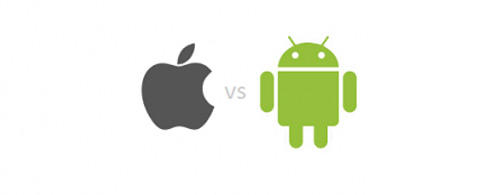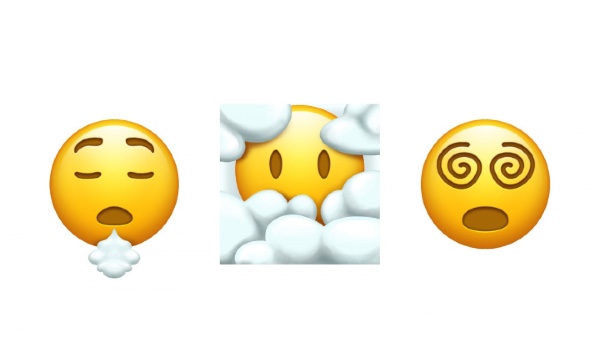The latest mobile OS from Apple has been available since last September, and in that time the new platform has reached a market of 85% of all iOS devices in existence. In contrast, Google’s latest OS Android Lollipop has only garnered an 18% adoption rate despite having been launched in November of 2014.
According to Apple’s own App Store distribution page, the 85% adoption rate was measured across all iPhones, iPads, and iPod Touches that had visited the Apple App Store on August 3d, 2015. However despite the overwhelmingly large 85% adoption rate, Apple has also noticed a steady decline in the rate of new adoptions.
Scanning for iOS 8 adoption showed it as sitting at about 81% in late April. Given that it’s now at 85%, consumer use of the new operating system has only grown by 3% in the last 4 months.
Nonetheless, 85% is a very impressive majority for iOS 8 and the impending arrival of iOS 9 might also mean that at least part of those users who still haven’t switched over may be doing this because they’re waiting for the upcoming Apple mobile OS.
As for Android, things aren’t flowing so smoothly. Its latest version Lollipop is being used by just 18% of all Android mobile users with Android 5.0 being used by 15.5% and Android 5.1 by a meager 2.6% of Google OS users.
Part of the reason for this is Apple’s head start with a September release date instead of the November unveiling of Lollipop – but that’s nowhere near the complete story.
Quite simply, iOS 8 gets pushed out under a much more centralized distribution process in which Apple controls every step of the way from roll-outs, incremental updates, and bug fixing.
Also there’s the fact that iOS is built to work on only one wider brand of devices, unlike Android which gets delivered to many different brands of phones.
The process of pushing out a new Android mobile OS is much more of a patchwork procedure involving hundreds of different phone makers, device types and tablet/computing device brands. Thus with Android we have a situation in which even older versions of the mobile OS are still popular.
Kitkat still holds over 38% of the total android ecosystem, Jellybean sits at 33% and even considerably older Android versions like Ice Cream Sandwich and Gingerbread are still clinging to the user market with 4% and 4.6% shares respectively.
The end result of all this is a level of fragmentation in the development and release of Android that goes far beyond the tightly controlled and centralized operation run by Apple. In Apple’s case, iOS 7 is already down to less than 14% of the market despite being the newest version of iOS just 16 months ago. And it’s natural that this should be the case. Apple’s mobile OS runs only on devices built by a single manufacturer and as soon as a new version is developed it’s recommended to be installed on all devices.
The interesting thing here is that Android certainly doesn’t suffer from its generally fragmented version market. Quite the contrary, Android’s own decentralized flexibility is partly to thank for this mobile OS being by far the most popular on the market today, far outstripping the total market share of iOS worldwide.







Who likes and is crazy for iOS, obviously will find one millon of reasons to be an ass-kisser of Apple. The fact is Android came to rock the mobile market in all aspects. Google today is a monster of technology, has revolutionized the mobile universe and proved that making the Moto G became sales leader in less than 15 days after it was launched. I like Apple and iOS, I have the iPad 1 and paste the apple sticker outside my car, I have nothing against Apple, however we need to face the facts and see that each company has their specific know-how, and, in mobile, I believe Google got the pole position.